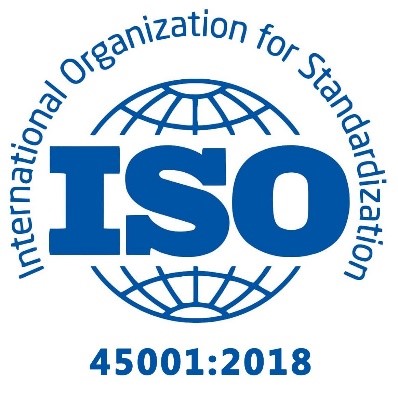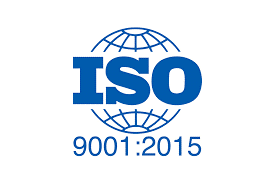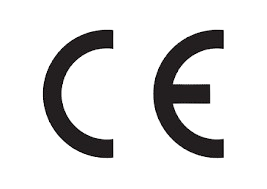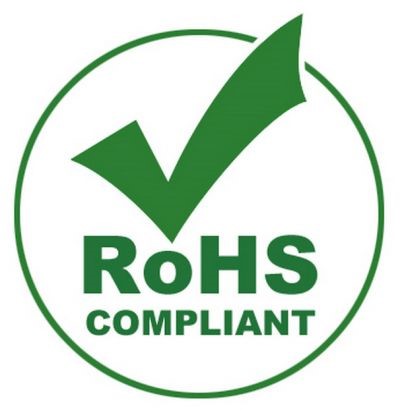Quality matters in everything. No matter what. But in some cases, quality isn’t merely significant but critical. Conductors are one among them, as they deal with electricity. Poor quality or substandard products may impact an individual’s safety. Hence, a Conductors manufacturer cannot compromise on the product’s quality. However, one cannot fully rely on the manufacturer for quality. The wiring and conductors sector has various certifications assuring about the wire’s quality and the manufacturer’s production capabilities. So, let’s look at some certifications in the wire industry.
The Broad Expanse of Quality
While the core product quality and its functionalities matter, they aren’t the only aspects constituting a conductors quality. The latter is a broad area encompassing several factors, including environmental sustainability, workplace safety, and others. Accordingly, various quality standards and certifications have evolved over the years, signifying a product’s quality. Some important ones include the following.
ISO 14001:2015

ISO 14001 is an international standard specifying the requirements of an effective environmental management system (EMS). The standard offers a framework a company can follow, instead of establishing environmental performance requirements.
Companies looking to set up, improve, or maintain an EMS to conform with its established environmental policy and requirements should use ISO 14001:2015. The standard’s requirements can be incorporated into any EMS, the extent to which is determined by the company’s industry, products and services, environmental policy, and location. ISO 14001:2015 is relevant to all companies, no matter their size, sector, etc.
ISO 14001: 2015 covers the organization’s context, planning, support, leadership, performance evaluation, operation, and improvement.
ISO 45001:2018

ISO 45001:2018 has replaced OHSAS 18001. It came into existence in March 2018 and is the international ISO standard for Occupational Health and Safety Management Systems (OHSMS). The standard aims to proactively enhance a company’s OH&S performance and manage risks and opportunities to avoid work-related injuries and ill health to labor. ISO 45001 certification benefits in various ways, including the following.
- Better identification of hazards and risks
- Improved internal operation efficiency and manufacturing process quality
- Enhanced safety of all affected by the company’s activities
- A stronger commitment to workplace safety
- The operational transformation from detection to prevention mode
ISO 9001:2015

ISO 9001: 2015 provides a framework for companies looking to improve quality standards and deliver superior products and services. It also helps identify various inconsistent processes and improve their efficiency. ISO 9001:2015 benefits in various ways, some of which include the following.
- Identify flaws in the existing Quality Management System (QMS) or build a new one.
- Determine areas that could benefit from enhancing QMS practices.
- Streamline processes by improving efficiencies.
- Meet local, regional, and national regulatory needs.
- Tap new opportunities by becoming compliant with ISO 9001:2015.
Conformité Européenne (CE)

Conformité Européenne (CE) certification is a regulatory standard. It verifies that certain products are safe for sale and use in the European Economic Area (EEA). Manufacturers place a CE marking on certified products to denote that their product complies with European safety rules and is eligible to be traded freely within the EEA.
CE marking is not given by a specific regulatory body. However, some products require an independent conformity assessment from a notified body to meet CE certification needs. Manufacturers should ensure the right use of CE marking on their products.
RoHS Certification

Restriction of Hazardous Substances (RoHS) is also known as the Directive 2002/95/EC. It imposes restrictions on using certain hazardous substances in electrical and electronic equipment. RoHS was introduced by the Ministry of Environment and Forest (MoEF) and the Government of India considering the demand for electronic products in India (which increases demand and production and environmental harm) and given the ever-evolving nature of the electronics market (which leads to quick discarding of old electronic items and increases electronic trash).
UL Certification

Underwriter Laboratories (UL) is a certification company that certifies products, processes, systems, facilities, etc., based on industry-wide standards. Some UL marks are country-specific – meaning, they are exclusive to a particular country.
A generic UL approval does not exist. Rather, the company breaks up the certification into recognized, classified, or listed. UL certification is necessary from the viewpoint of signifying a manufacturer’s and service provider’s competency.
Vidya Wires – Your Certified and Recognized Wire Manufacturers in India
Amidst growing demands, pressing needs for scaling production, and evolving industry needs, Vidya Wire balances manufacturing volumes, service levels, and quality. With over 40 years of experience in the wire manufacturing business, Vidya Wires has established itself with a robust reputation and unparalleled credibility across the Indian wire sector.
We adhere to the best quality practices and have numerous quality certifications to our credit. They include ISO 9001:2015, ISO 14001:2015, and ISO 45001: 018. Over the years, our products and their quality have become synonymous with excellence.
Please email us at inquiry@vidyawire.com to discover more about our quality certifications, product array, and features.

